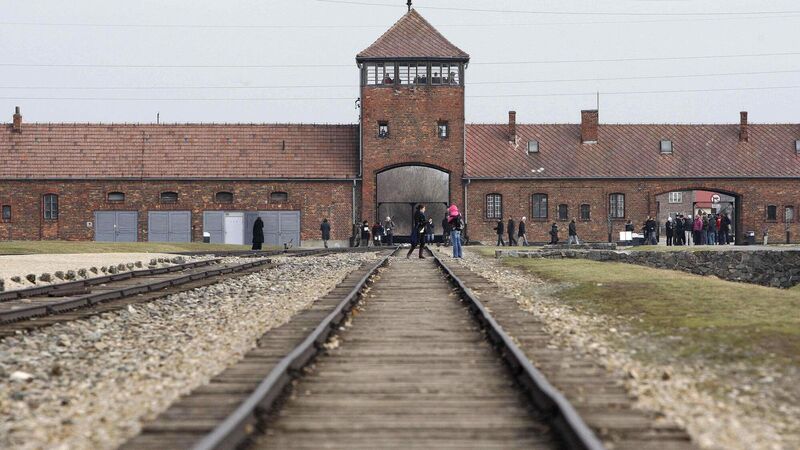We must first understand genocide to determine if it is happening

As in the case of the Holocaust, the term genocide is reserved for the occurrence of a two-fold murder: not just the mass murder of individuals, but the deliberate attempt to murder the group to which the individuals belong. Picture: Dave Thompson/PA Wire
Is it genocide? That’s the question. It’s what we are all asking ourselves today, it’s what every government in the world is pondering.
But before we can even begin to answer this question, there is a preliminary issue that needs to be settled: what is genocide? We cannot determine whether an action or policy is or is not something until we know what that something is.













